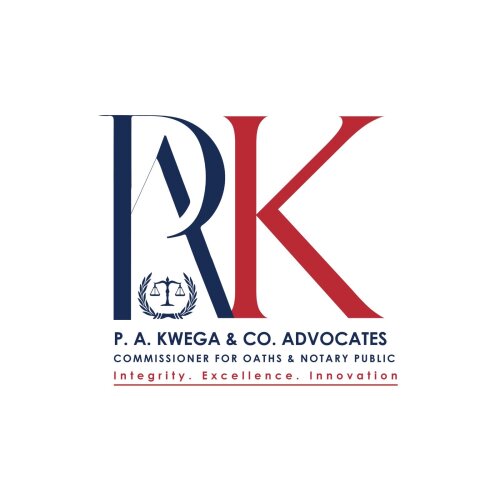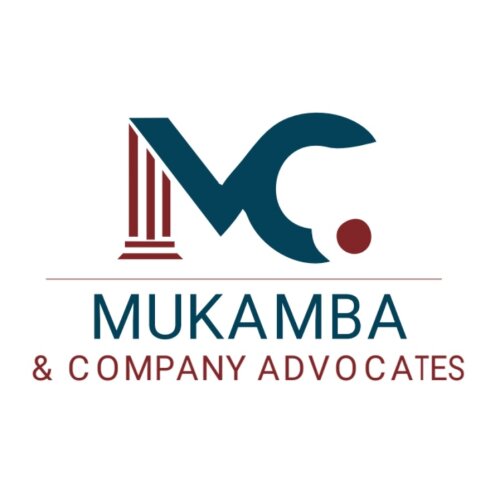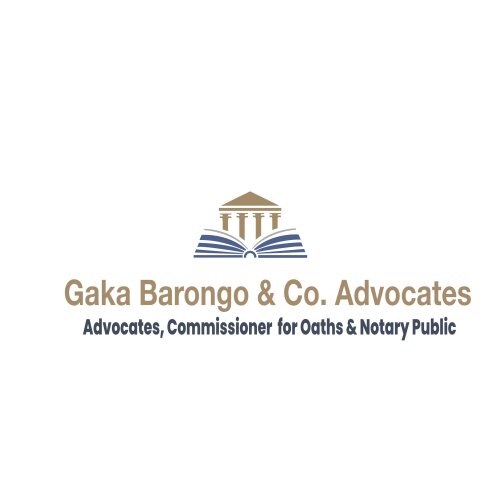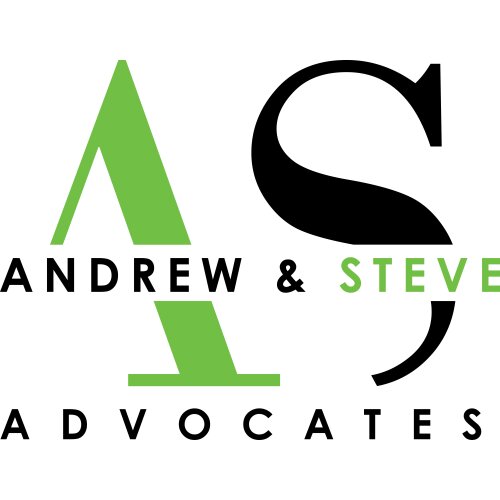About Debt & Collection Law in Nairobi, Kenya
The field of Debt and Collection in Nairobi, Kenya is regulated by a number of state and local laws designed to protect both creditors and debtors. This legal area primarily deals with issues of default on payment of debts, especially in businesses, financial institutions, and individual dealings. Laws such as the Fair Administrative Action Act, and institutions like the Business Premises Tribunal, are foundational in shaping debt and collection practices in Kenya.
Why You May Need a Lawyer
Understanding the complexities and staying in line with debt and collection laws is not always straightforward for private individuals or businesses. You may need a lawyer to represent you if you are a debtor facing collections actions, a creditor seeking to enforce payment of debts, or if you need to negotiate or restructure debts. Similarly, if a conflict escalates to a lawsuit, or in cases of bankruptcy, having a trained legal professional can prove vital in protecting your rights and interests.
Local Laws Overview
The Insolvency Act of Kenya addresses matters of bankruptcy and insolvency, stipulating the rights of creditors and debtors in these scenarios. The Act also regulates Licensed Insolvency Practitioners, who can be appointed to manage and resolve insolvencies. In terms of rent and debt collection, the Distress for Rent Act outlines provisions on when and how a landlord can seize a tenant's property for non-payment of rent. Understanding these, among the myriad other laws in play, can be extremely challenging without the proper legal guidance.
Frequently Asked Questions
1. What are my rights as a debtor in Nairobi?
As a debtor, you have various rights under Kenyan law such as the right to fair administrative action, and the right to privacy which protects you from harassment from debt collectors. You can engage a lawyer to better understand your rights.
2. Can I restructure my debt if I am unable to pay?
Absolutely, debt restructuring is a common practice as laid down by the Insolvency Law. In this, a lawyer can assist in negotiations with your creditors.
3. What happens if I ignore a debt collection notice?
Ignoring a debt collection notice can lead to legal action, particularly if the debt claimed is valid. It’s recommended to engage a lawyer before responding to a debt collection notice.
4. As a creditor, what can I do to get my money back?
As a creditor, you have the right to involve a debt collector, take legal action, or apply for the debtor's bankruptcy if they fail to pay up. A lawyer can guide you on the best course of action.
5. Do I need a lawyer for small debts?
Even with small debts, a lawyer can help protect your rights, especially where litigation or complex negotiations are involved.
Additional Resources
Several organizations offer resources and support in matters of debt and collection in Kenya. The Office of the Attorney General provides advice and information on legal obligations and rights regarding debt. Institutions like the Central Bank of Kenya and the Kenya Bankers Association can offer guidance on financial matters and best practices. Legal aid services, like Kituo Cha Sheria, offer free or low-cost legal advice and support.
Next Steps
Should you find yourself in need of legal assistance regarding a debt & collection matter, the first step is to hire a reputable lawyer with experience in the field. Look for a lawyer who understands the local regulations and court procedures in Nairobi. Communication is key; ensure you provide your lawyer with all necessary information regarding your case, and don't hesitate to ask for clarifications on any aspects you find confusing.
Lawzana helps you find the best lawyers and law firms in Nairobi through a curated and pre-screened list of qualified legal professionals. Our platform offers rankings and detailed profiles of attorneys and law firms, allowing you to compare based on practice areas, including Debt & Collection, experience, and client feedback.
Each profile includes a description of the firm's areas of practice, client reviews, team members and partners, year of establishment, spoken languages, office locations, contact information, social media presence, and any published articles or resources. Most firms on our platform speak English and are experienced in both local and international legal matters.
Get a quote from top-rated law firms in Nairobi, Kenya — quickly, securely, and without unnecessary hassle.
Disclaimer:
The information provided on this page is for general informational purposes only and does not constitute legal advice. While we strive to ensure the accuracy and relevance of the content, legal information may change over time, and interpretations of the law can vary. You should always consult with a qualified legal professional for advice specific to your situation.
We disclaim all liability for actions taken or not taken based on the content of this page. If you believe any information is incorrect or outdated, please contact us, and we will review and update it where appropriate.

















